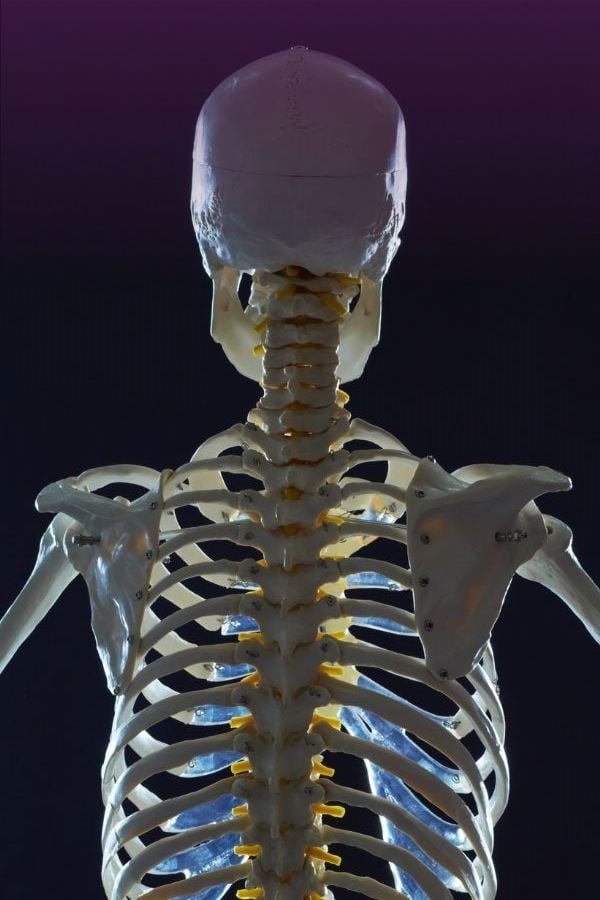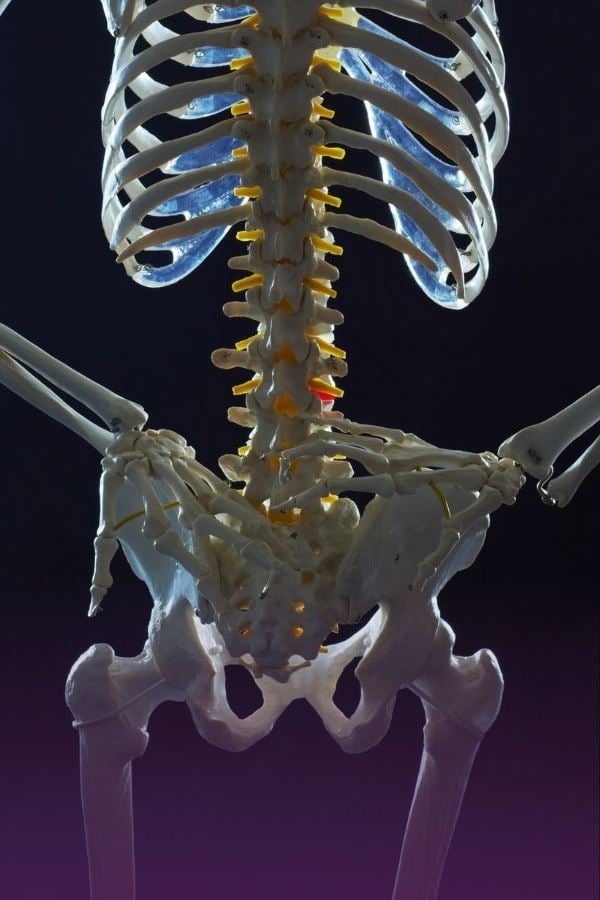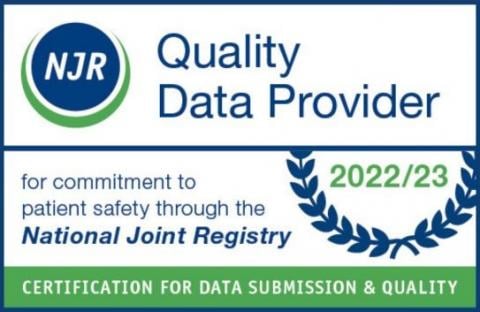Axial spondyloarthropathy (axSpA) is a type of inflammatory arthritis that primarily affects the spine and sacroiliac joints, leading to stiffness, pain, and potentially disability if left untreated. Despite its impact on millions of people worldwide, awareness about axSpA remains low and many people are not formally diagnosed or there is a significant delay to diagnosis. This page delves into the symptoms of axSpA to help raise awareness and encourage early detection and treatment.
Consultants and Clinic Times

Dr Israa Al-Shakarchi
MBBCh, FRCP (Rheum), MSc, BSc, PGCME, FHEA
Specialities
Rheumatology
















